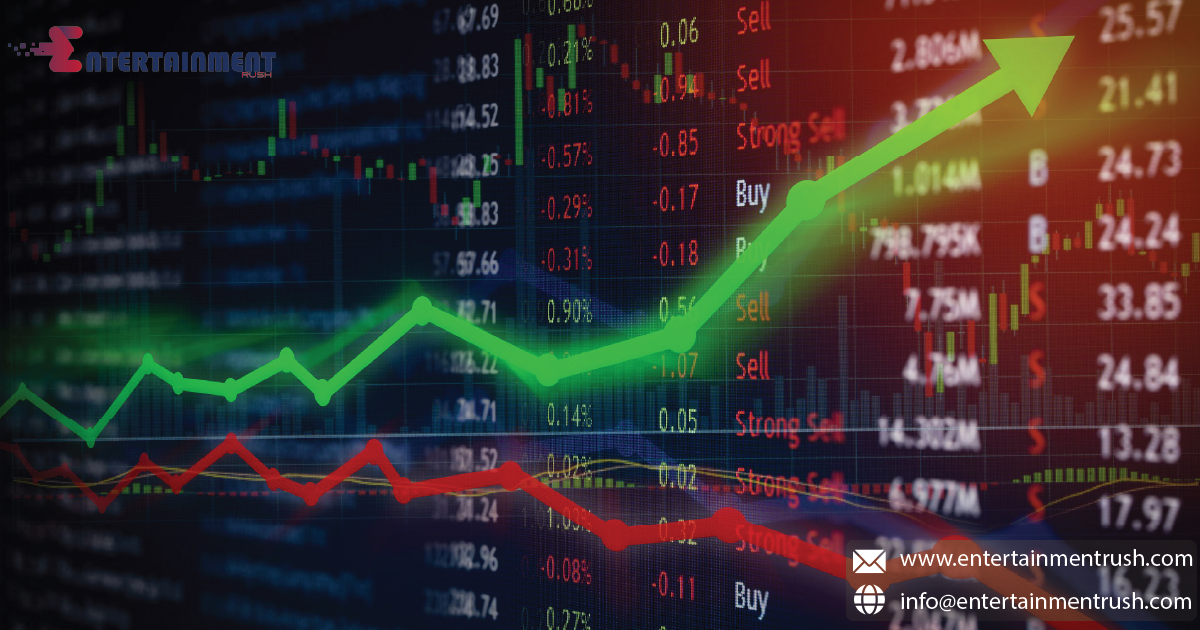The stock market is no stranger to drama, with its frequent ups and downs captivating both seasoned investors and casual observers alike. Recently, the intensity of this drama has escalated, prompting many to wonder: What’s fueling the stock market drama? An in-depth analysis reveals a complex web of factors driving these fluctuations, from macroeconomic indicators to global events and investor behavior. Understanding these elements is crucial for navigating the current market environment and making informed investment decisions.
Economic Indicators
One of the primary drivers behind stock market volatility is the fluctuation of economic indicators. Metrics such as GDP growth rates, unemployment figures, and inflation levels play a significant role in shaping investor expectations and market sentiment.
Inflation and Interest Rates:
Rising inflation often leads to concerns about higher interest rates, which can negatively impact corporate profits and consumer spending. When central banks respond to inflation by increasing interest rates, borrowing costs for businesses and consumers rise, potentially slowing economic growth and dampening stock market performance.
Economic Growth Data:
GDP growth rates provide insights into the overall health of the economy. Unexpected changes in economic growth can lead to market adjustments as investors reassess their expectations for future corporate earnings and economic stability.
Geopolitical Events
Geopolitical events also contribute significantly to stock market drama. These events can create uncertainty and affect global trade, investment flows, and economic stability.
Trade Wars and Tariffs:
Disputes between major economies, such as the U.S. and China, can lead to tariffs and trade restrictions that impact global supply chains and corporate earnings. Such developments often result in market volatility as investors react to potential disruptions in international trade and economic growth.
Political Instability: Political unrest, elections, and policy changes in key regions can create uncertainty in financial markets. Investors tend to react to perceived risks and uncertainties, leading to dramatic swings in stock prices.
Corporate Performance
The performance of individual companies and sectors also plays a crucial role in fueling stock market drama. Earnings reports, corporate scandals, and changes in business fundamentals can drive significant market movements.
Earnings Reports:
Quarterly earnings reports provide insights into a company’s financial health and future prospects. Unexpectedly strong or weak earnings results can lead to sharp stock price movements, influencing broader market trends.
Sector-Specific Issues:
Certain sectors, such as technology or energy, may experience unique challenges or opportunities that impact their stock prices. For example, regulatory changes or technological advancements can create volatility within specific industries, affecting the overall market.
Investor Sentiment
Investor sentiment, driven by psychological factors and market perceptions, can amplify stock market drama. Emotional reactions to news, rumors, and market trends often lead to herd behavior, which can exacerbate market fluctuations.
Market Speculation:
Speculative trading and short-term investment strategies can contribute to market volatility. When investors react to short-term price movements rather than long-term fundamentals, it can create dramatic swings in stock prices.
Fear and Greed:
Psychological factors such as fear and greed play a significant role in market dynamics. Periods of fear, driven by economic uncertainty or negative news, can lead to panic selling, while excessive greed can drive speculative bubbles.
Global Economic Integration
In today’s interconnected world, global economic integration means that events in one region can have ripple effects across the globe. The globalization of financial markets means that economic developments, political events, and market trends in one country can influence markets worldwide.
Cross-Border Capital Flows:
Changes in international capital flows, driven by factors such as interest rate differentials or geopolitical tensions, can impact stock markets globally. Investors may shift their investments based on perceived risks and opportunities in different regions.
Global Supply Chains:
Disruptions in global supply chains, whether due to geopolitical events or natural disasters, can affect companies’ operations and financial performance. These disruptions can lead to market volatility as investors react to potential impacts on corporate earnings and economic growth. The question of what’s fueling the stock market drama is multifaceted, involving a complex interplay of economic indicators, geopolitical events, corporate performance, investor sentiment, and global economic integration. By analyzing these factors, investors can gain a clearer understanding of the forces driving market fluctuations and better navigate the current financial landscape. As market conditions continue to evolve, staying informed and considering both short-term and long-term trends will be essential for making sound investment decisions and managing risk in a dynamic environment.




Leave feedback about this